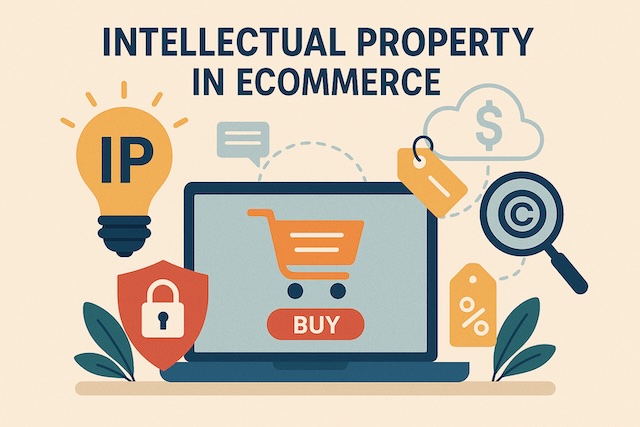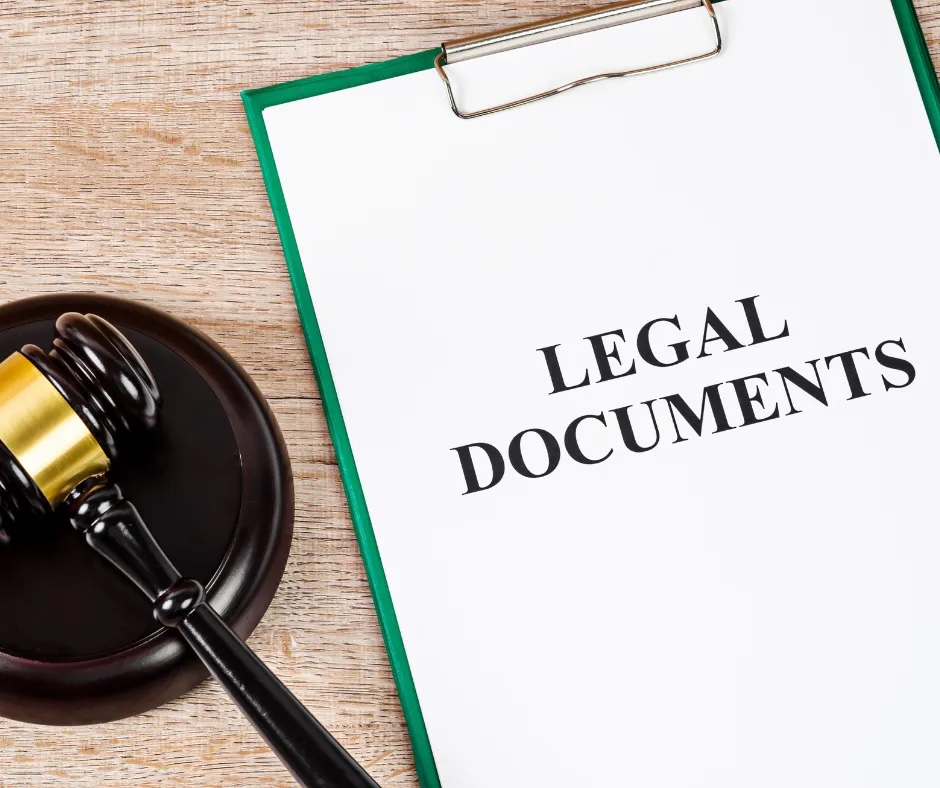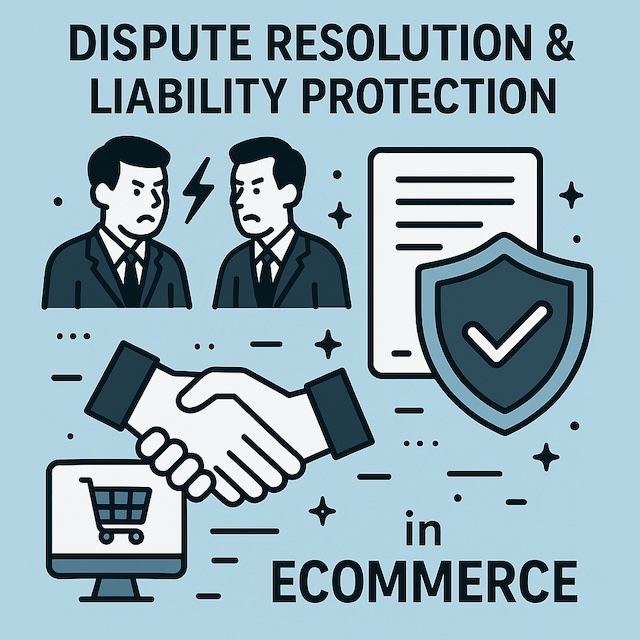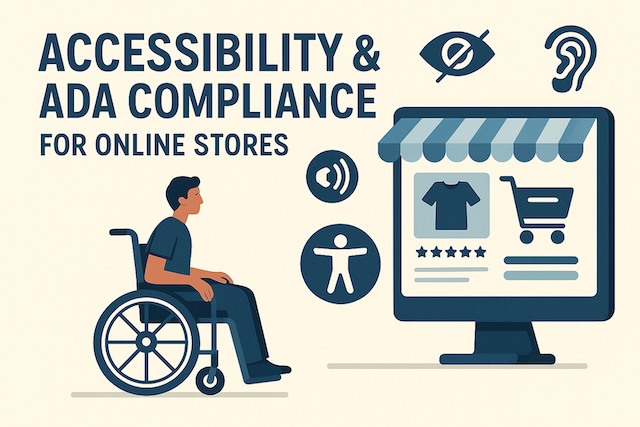Why IP Matters for Online Stores
Your brand, logo, content, and products are valuable assets. Intellectual property (IP) law protects these assets while also preventing you from infringing on others. Missteps in IP can lead to takedown notices, lost revenue, or lawsuits.
Trademarks: Protecting Your Brand
- What it covers: Business names, logos, slogans.
- Why register: Federal registration with the USPTO strengthens your rights nationwide and makes enforcement easier.
- Risk of not registering: Competitors may register similar marks, limiting your brand’s future.
Example: A clothing brand without a registered trademark was forced to rebrand when another company registered the name.
Copyright: Content & Creative Assets
- What it covers: Photos, videos, product descriptions, website text, designs.
- Automatic protection: Copyright applies as soon as content is created, but registration provides stronger enforcement rights.
- Infringement risk: Using images or music from Google or Pinterest without permission can trigger legal action.
Patents: Protecting Products
- Relevant if you sell unique, invented products.
- Patents are expensive and complex but can provide strong protection.
- Many eCommerce stores instead license patented products.
Avoiding Infringement
- Use licensed stock photos or original photography.
- Verify suppliers’ rights to sell branded goods (to avoid counterfeits).
- Don’t copy competitor product descriptions or website layouts.
Key Takeaways
- Registering trademarks strengthens brand protection.
- Copyright law applies to all content — even “free” images can be risky.
- Infringement can cost more than compliance.
Action Step: Audit your store’s brand assets (logo, product photos, site content). Make a list of what needs trademark or copyright protection.
If you want to read more about Intellectual Property in ecommerce, please see Recommended Books.





